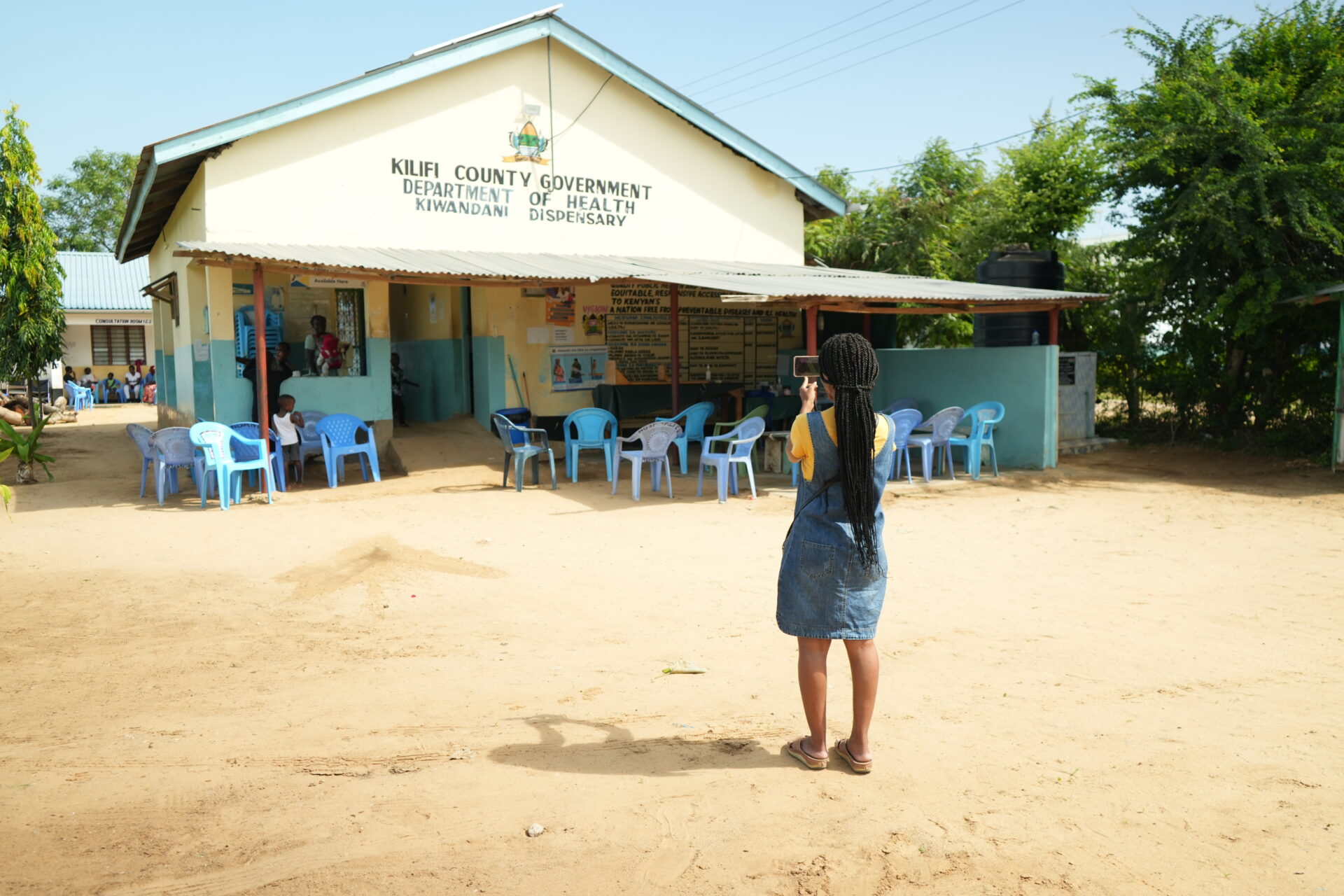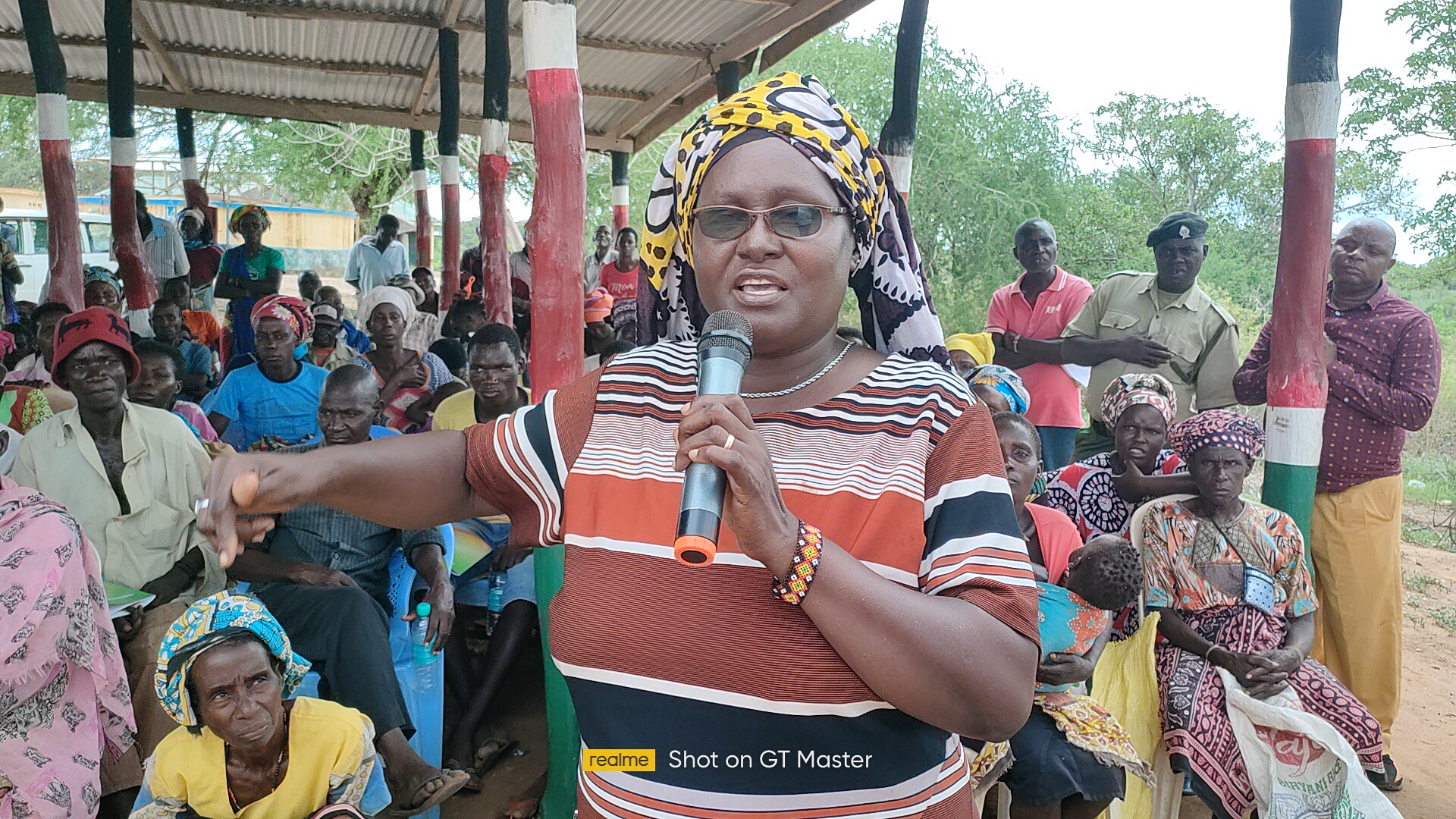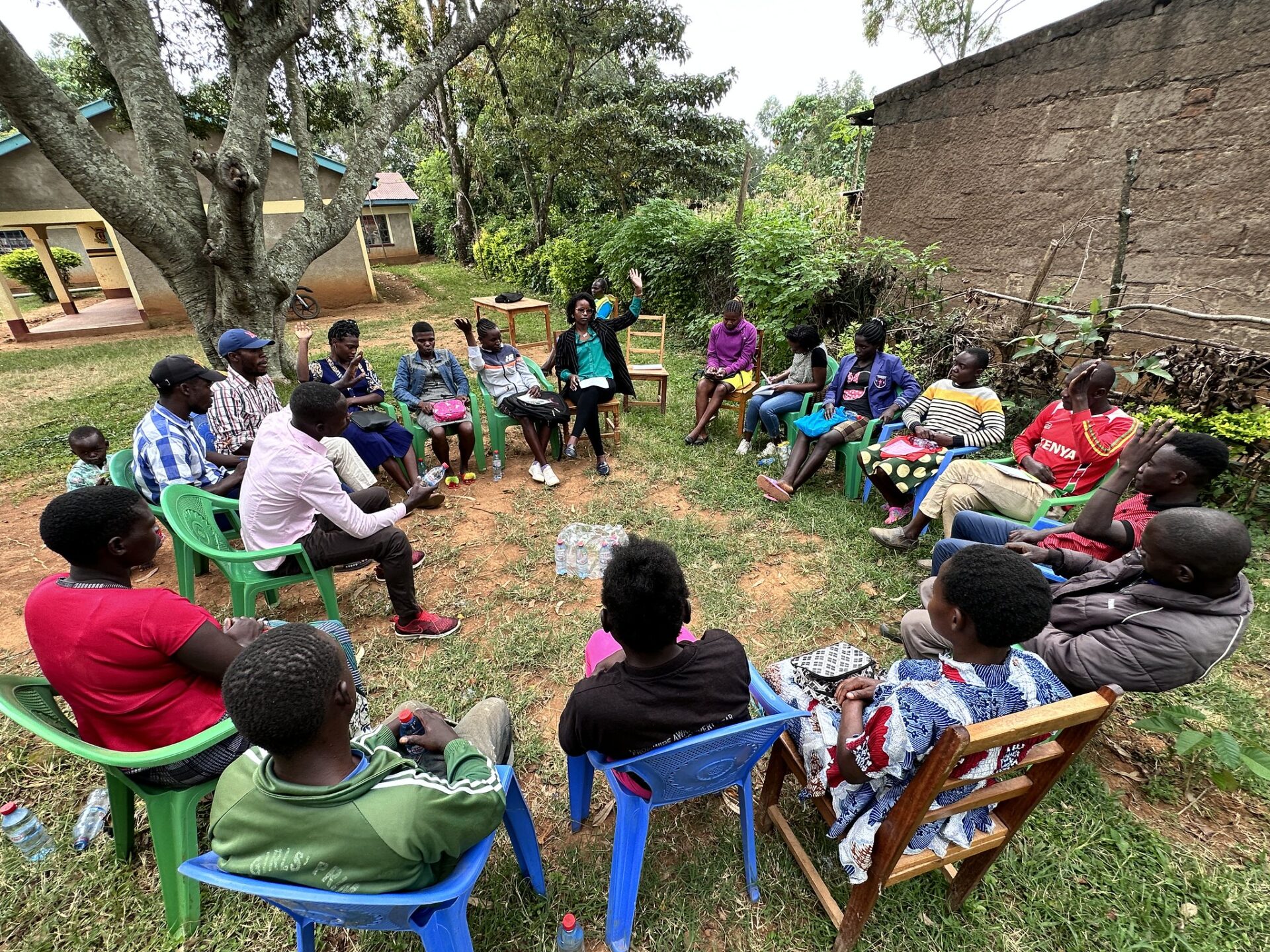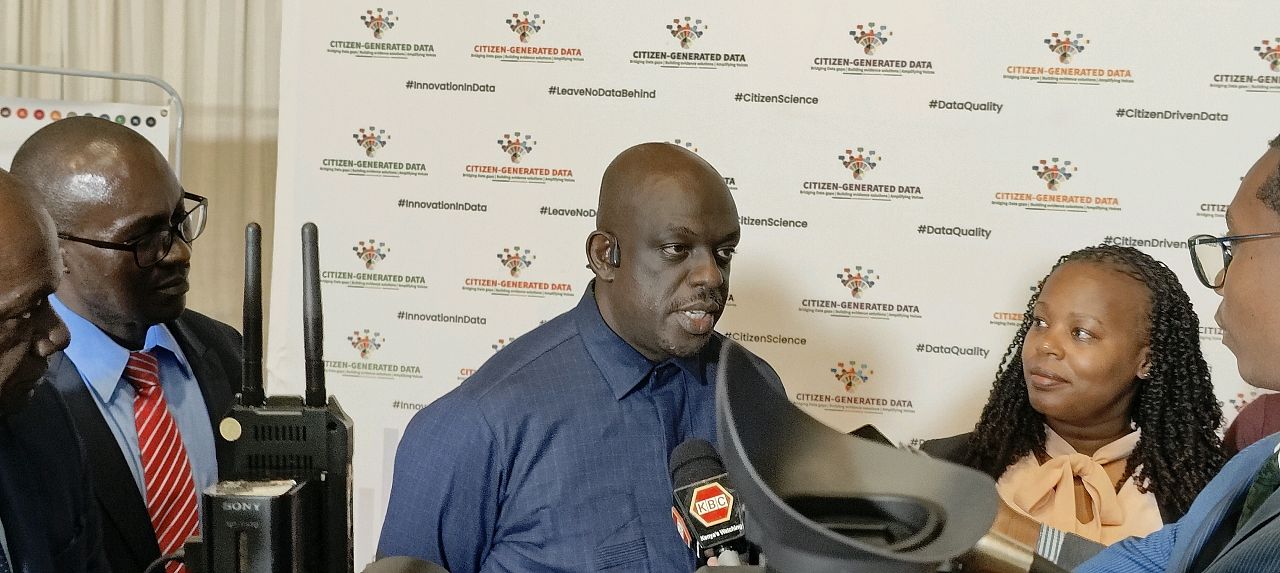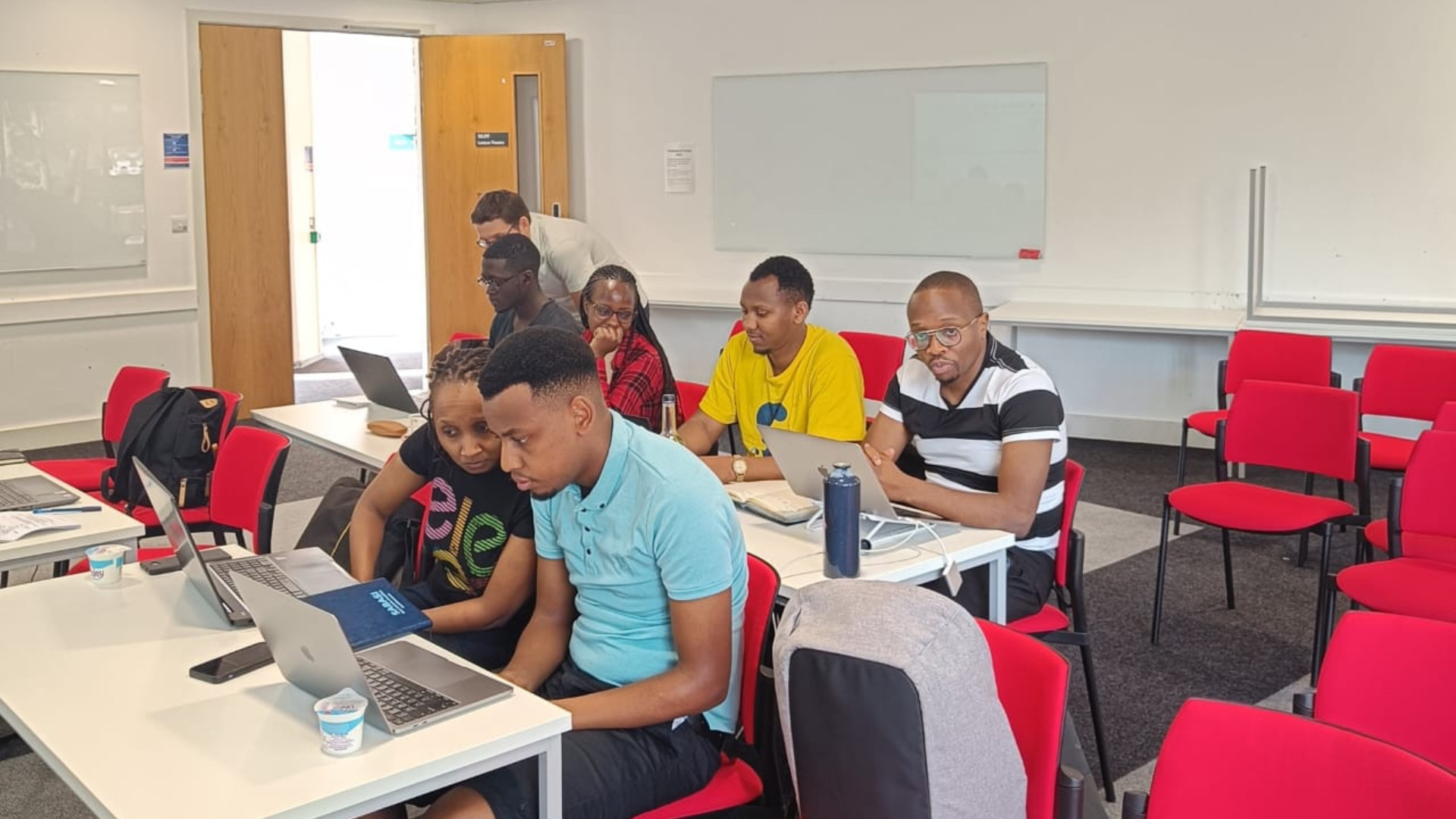We have just completed week’s training (6th – 10th May 2019) with Data Fellows who have been identified by Elgeyo Marakwet County to lead the implementation activities of the Data Desk. The sessions were an engaging exchange; this post will focus rather on highlighting some of the critical matters arising.
During the training, it was realized that there was still a lot of work required to enhance the data collection and uploading templates. The data templates have to be modified to standardize budget data as well as sectoral indicator data. The Open County Platform will also be enhanced significantly in order to meet the needs represented during the training – for ideal reporting and visualization tool. In addition, there will need to deliberate and come up with guidelines for use by the Data Desk for collection, usage and dissemination of data.
The nexus between data in the Open County Platform and the Public participation process (for budgeting) offers the following insights:
- There has been a consistent shift towards data and evidence (hence the viability/feasibility engagement by the Finance and Economic Planning Department) informing the projects to be prioritized.
- It should not be assumed that data collection is easy; for either primary or secondary data. Some data in social sectors is difficult to come by; it may also not be disaggregated as desired. Water data presently, for example, is best found in the Kenya Integrated Household Budget Survey (KIHBS) – which is aggregated to the county level.
- Citizens desire the following kinds of information:
- Information that they can relate to (ie. it’s simplified, and it is relevant). A good example is breaking down budget information on how much has been spent, and what it has been spent on during the financial year.
- During the public participation, citizens want a status update on the proposals that have been made in the previous financial period; and what is currently being implemented. They do not just want to deliberate on fresh proposals for the upcoming financial year.
- Hard copies of the above information (ie. budgets and project proposals) and ample notification and time to internalize this within the community so that deliberations at the ward level are substantive and informed.
- Mobilization for meetings (including civic education) is initiated by Ward Admins through Chiefs. Some of the ways that meeting notifications are made is through barazas, posters, church events/meetings or even opinion leaders (who can integrate the message and simplify it), especially in the very rural communities.
Our focus is to now undertake the technical enhancements in the Open County Platform to accommodate standardized bulk data upload. We are also awaiting complete and formatted data sets from the County Departments. We shall soon be ready to showcase the end product to the County Leadership for a final round of feedback and comment.


